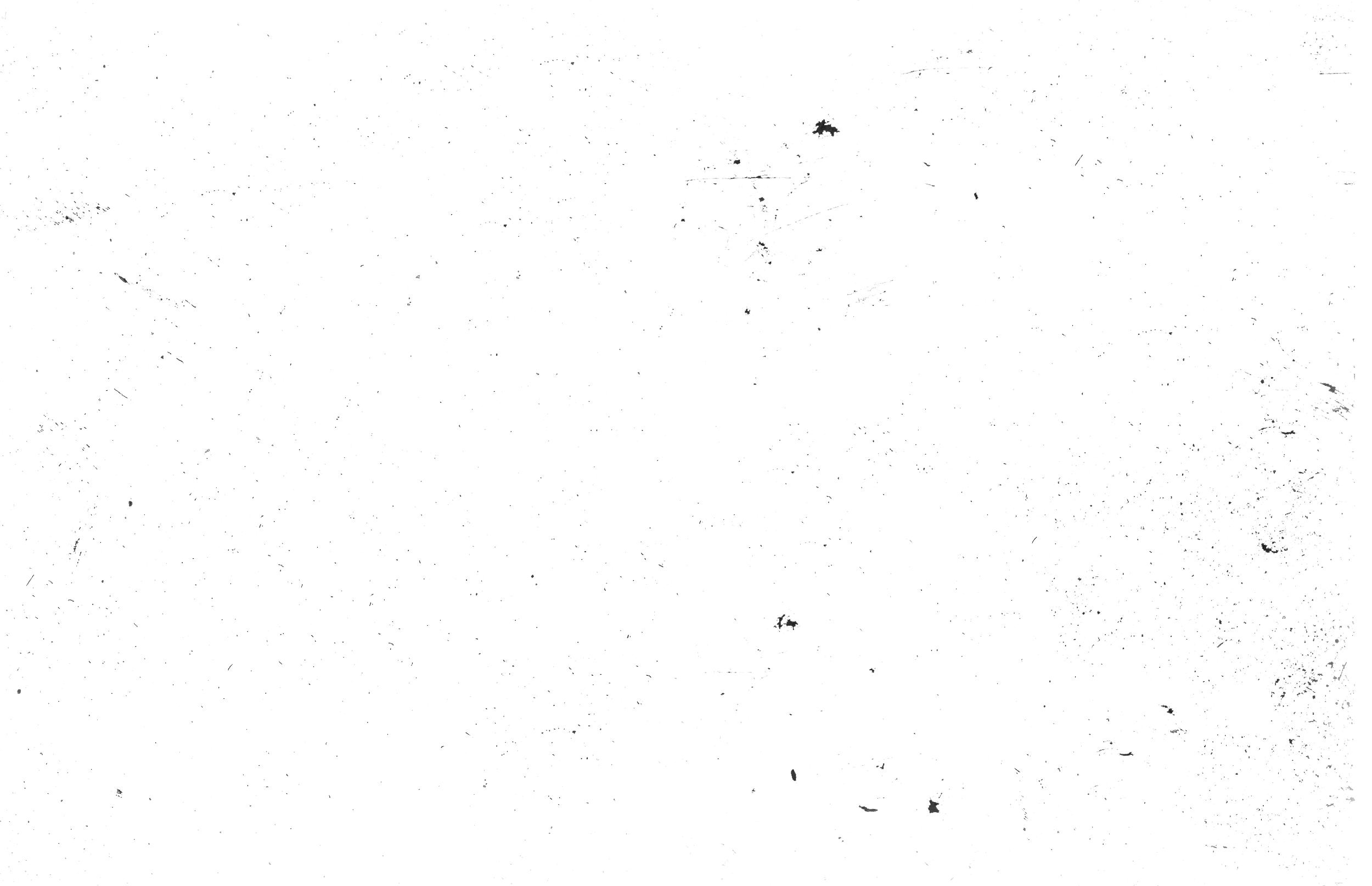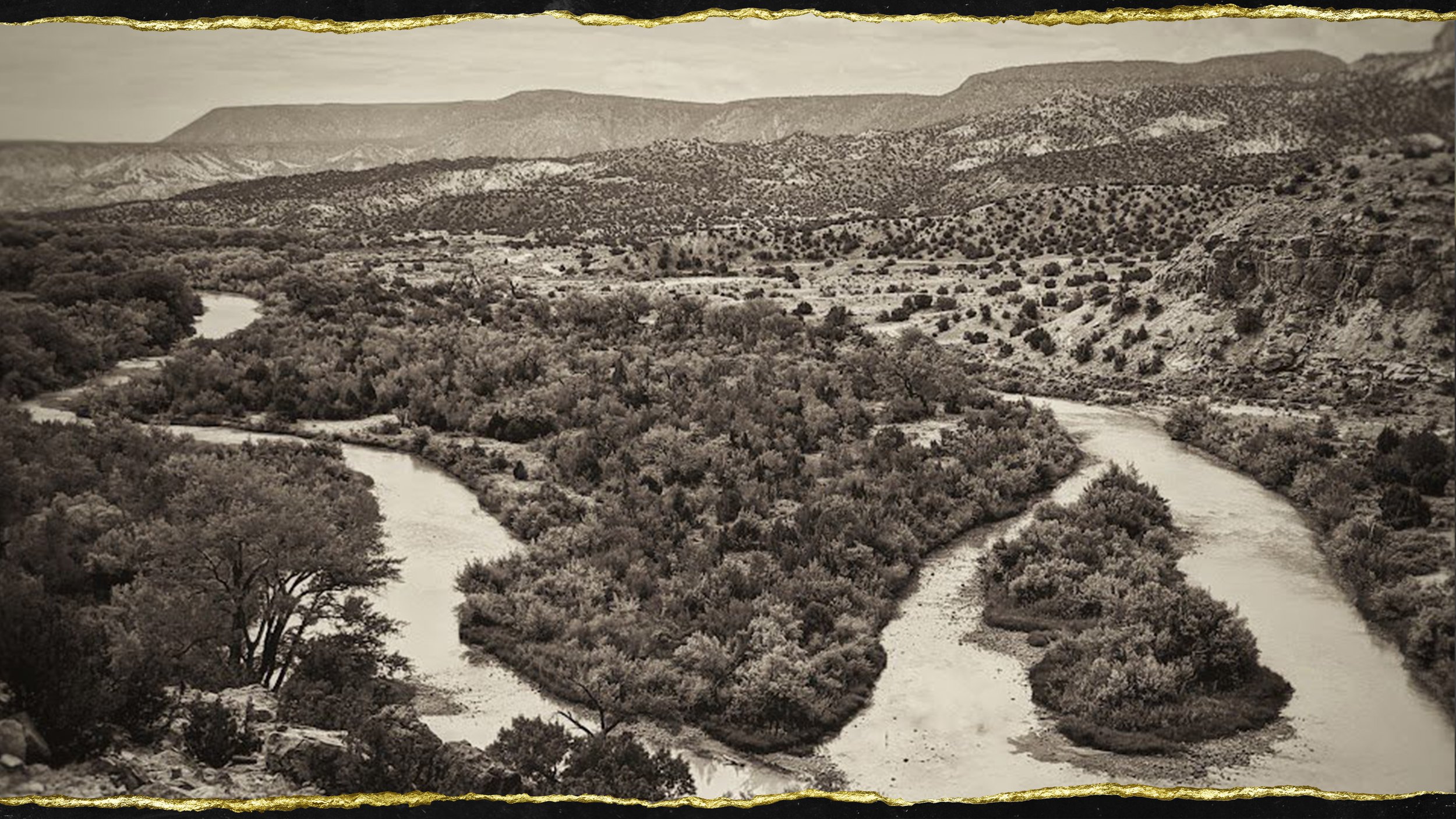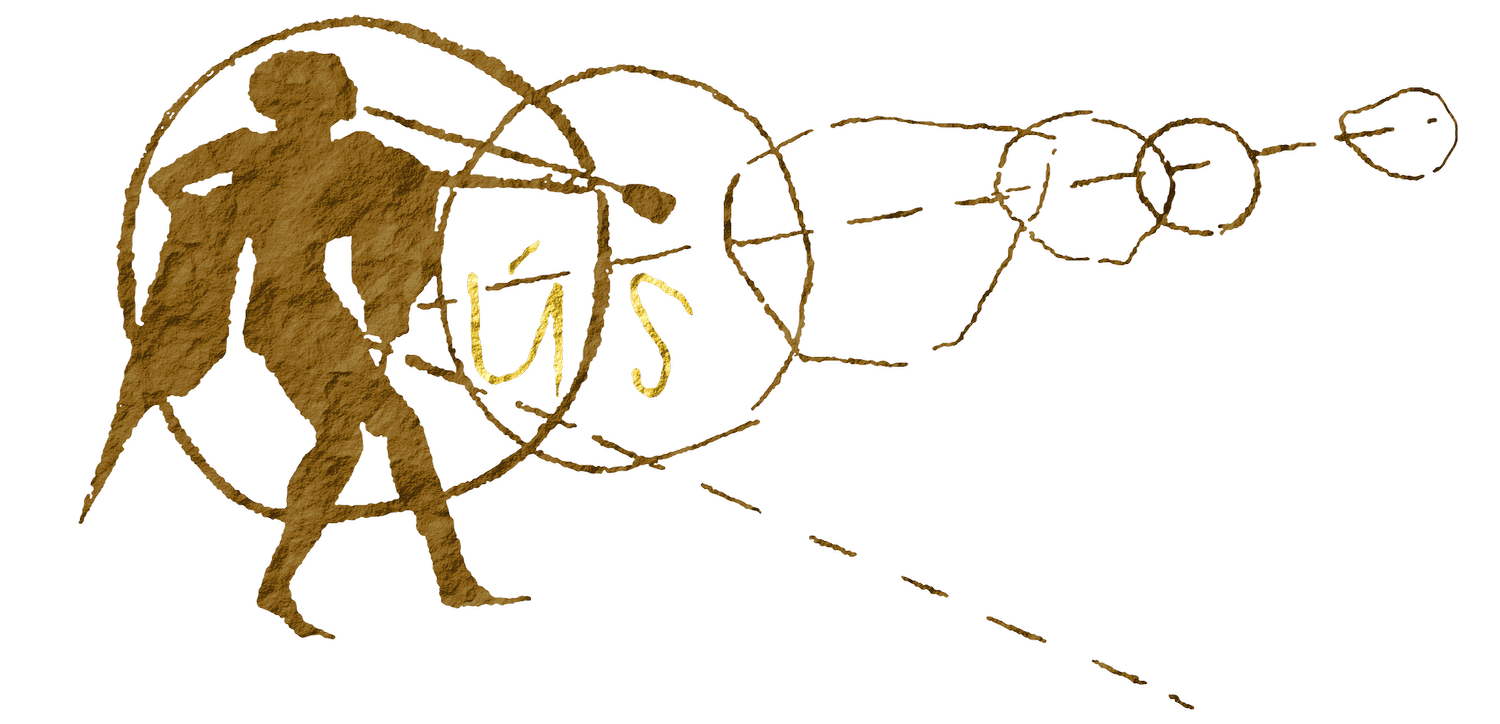

the land
This land is alive with wind-drift sands, surging waterways, rapturous skies, Cottonwoods that turn to blazen gold in the Autumn, coyote, elk, deer, a vast array of birdlife, rattlesnake, the occasional puma, jackrabbit, and more.
It is ancestral Tewa land, now referred to as Abiquiu (Aa-BĒĒ-q), a 300 year old village tucked in the Chama river valley and home to the Genizaros, descendants of Native American slaves who were captured in warfare and forced into New Mexican society.
We acknowledge that we are visitors here, tiny pieces of a larger story. As guests and stewards to this land, we hope to participate and be a small part of its luminescence.
what is únashay?
únashay is an invocation more than a word, or idea, with a fixed definition. It is a current, running from below, that means singing river in the Yuchi language, from the native inhabitants of the southeastern woodlands (of now Tennessee).
In the 18th century, the Yuchi people claimed that a muse dwelled by the river, singing, wailing, laughing, according to what was moving, or needed to move at the time. They referred to it as ↛ Nunnuhs⍲e ⤝ (noon - AH - say), or Únashay (oo - nah - shay). This voice of the river moved with an elegant, yet siren sound. Sometimes crying. Sometimes screaming. Other times, bursting with rapturous praise.
One Yuchi woman, “Telahnay”, after being forcibly removed from her home to walk the Trail of Tears all the way to the Muscogee lands (of now Oklahoma), spoke of no longer hearing the muse sing by the river. She missed it so much, that when it was safe to do so, she walked all the way back home. It took her 5 years, round trip.
We call this experiment únashay, because it is an attempt to return to and move with this voice; to hear them singing, as if they were telling us where and how to travel? As if, what rests below this river bed, were a kind of channel for the way forward.

The impeded river is the one that sings.
- Wendell Berry

what led to this, and why the need for grief sanctuary? <an extended letter from Aimee>
I came to this ‘work’ out of disturbance, after a lot of loss and painful observation. I wanted music to be a place. Because, with music, the pull of its current had a way of touching me, in ways most else couldn’t.
This is the way of grief, too. As if, perhaps, music and grief are pointing to something we have barely experienced?
What if grief has somewhere to take us? What if that which spills and cannot be contained, moves with a greater intelligence? As if a sort of compass telling us where to go, if we but listen and move with these deeper channels. In a culture of ‘quick fix it’ remedy-ing, obsession with youth, “success”, and beauty as perfection- I am more interested in what lies below and in between the constant proporting of ourselves, into an act (often) built on lies and the expense of others.
We need places like the gouged out arroyos and waterways of the desert for grief to spill. A topography of place and presence, carved by the grief that runs through it. A landscape that is vast enough to match the inscape of grief of our times.
The late French writer and factory worker Simone Weil wrote,
“The danger is not lest the soul should doubt whether there is any bread, but by a lie, it should persuade itself that it is not hungry.”
Perhaps this is a sanctuary for the hungry as much as it is for the grieving? Because to be hungry is to be acutely aware of what one needs, and how close one is to both losing and embracing fully what they love. This humbling observation stirs us to a different kind of note; moving us to listen and move differently. And in these times, we must learn to hear this deeper music.
- Aimee Wilson, Listener and Executive Director of Únashay
“So much of my life and the people I have loved exist inside difficult spaces, like the birth/ death space of my daughter, who died the day she was born. Those spaces are no less real, not lesser literature, not lesser beauty to me. For me beauty is complicated and contradictory and a space where binaries are held in suspension. Beauty is troubling.”
- Lidia Yuknavitch
“I think we need room to grieve today. I wonder what might happen if we prepared the conditions for grief by accounting for the material excessiveness that escapes our control, that humbles our attempts to save our planet, that disturbs the idea that we are apart from our environments. Since grief makes tender boundaries, might grieving help facilitate perceptual shifts that allow us to notice the world differently? Might a structured hesitation to jump into solution-ing, and a desire to stay with the troubling effectuate new capacities for engaging our most haunting crises?”
- Dr. Bayo Akomolafe, Únashay board member




